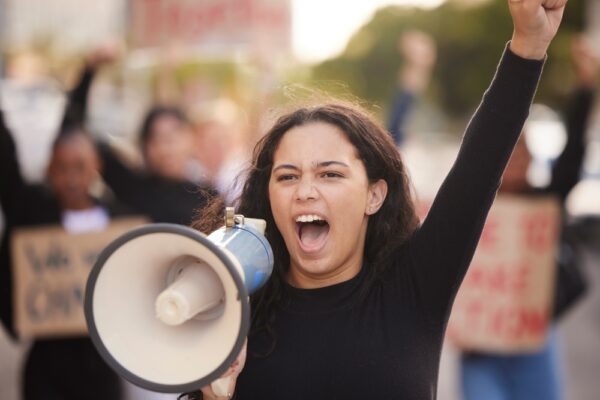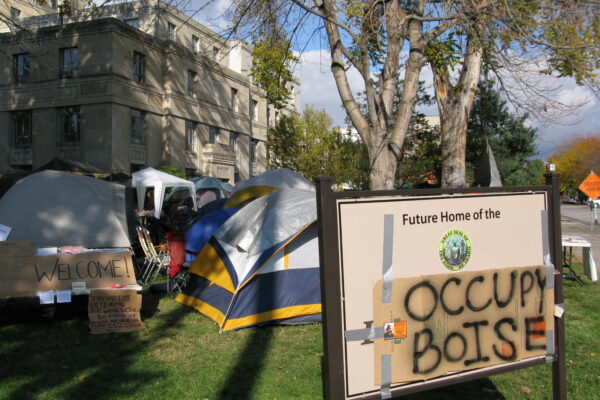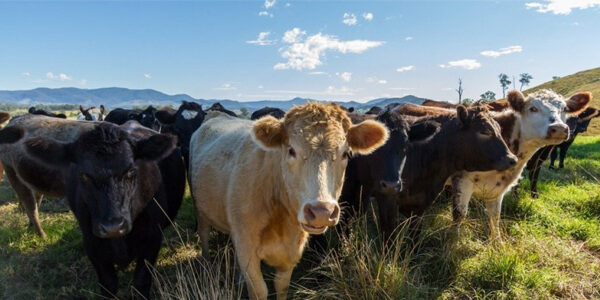The First Amendment gives us freedoms we believe are the bedrock of American democracy. From speech to the press, from religion and association to assembly and petition—this amendment is essential to our identity as Americans. This amendment allows us to protest, practice any religion, and speak our mind when we think the government is up to no good.
The ACLU of Idaho fights to maintain Idahoans' First Amendment rights in the legislature and through litigation, while exercising them through public education.
Documents
Related Content

Idaho's New DEI Ban in Higher Education: SB 1198 Fact Sheet
Stay Informed
Sign up to be the first to hear about how to take action.
By completing this form, I agree to receive occasional emails per the terms of the ACLU’s privacy statement.
By completing this form, I agree to receive occasional emails per the terms of the ACLU’s privacy statement.



